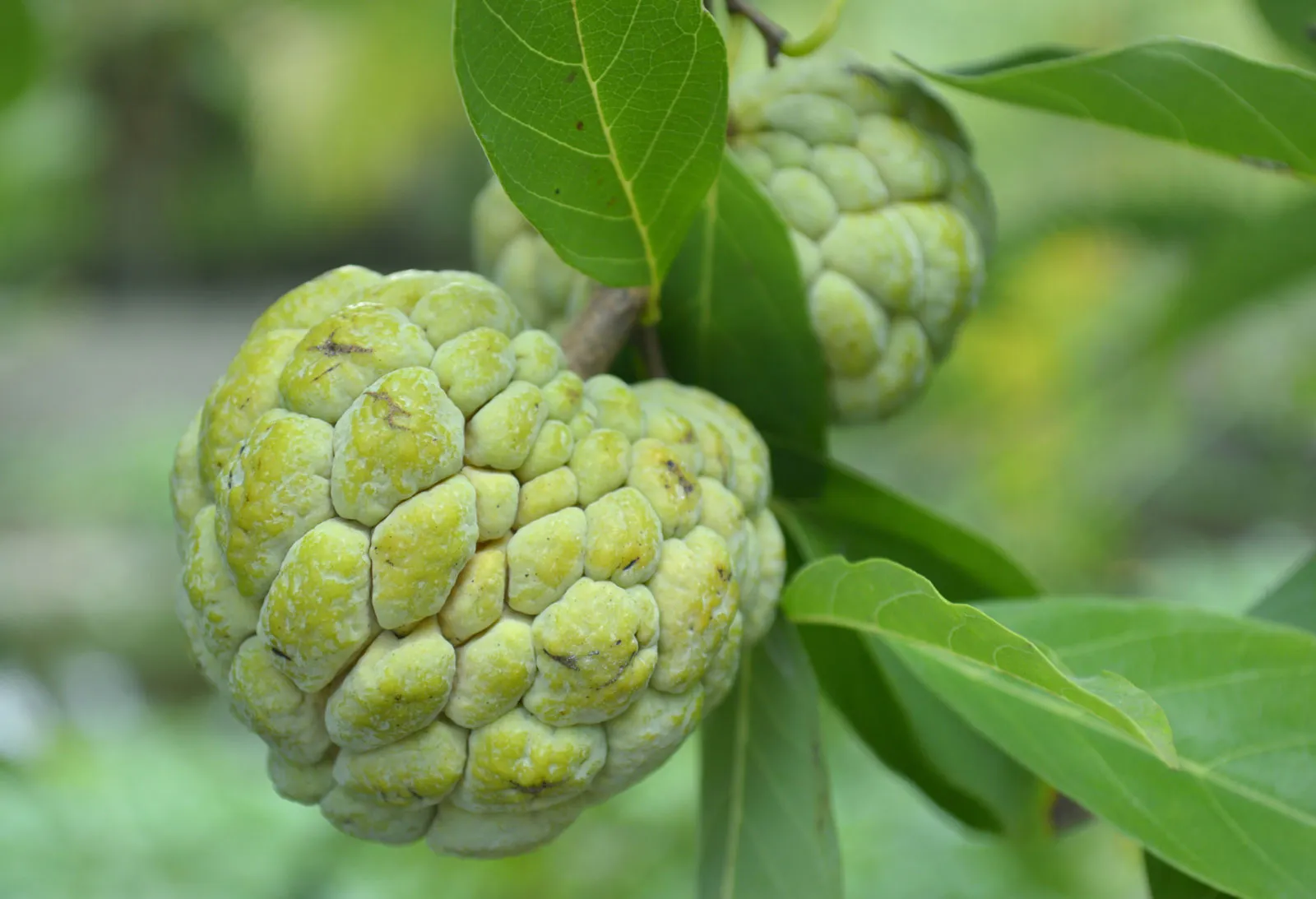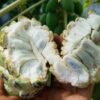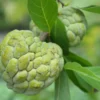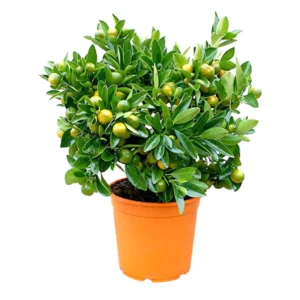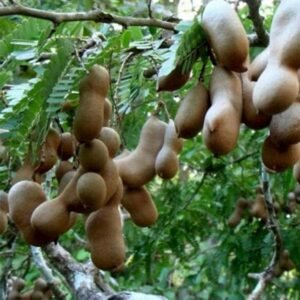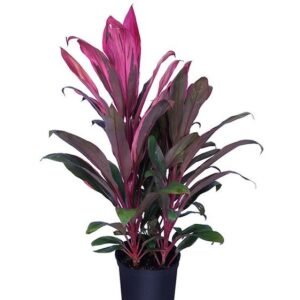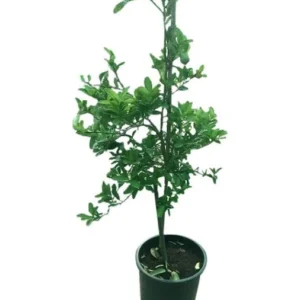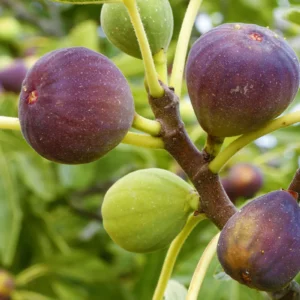Custard Apple Plant (60-80cm height)
45.0 AED55.0 AED (-18%)
Plant Care
Watering
During summer, Water daily or when the soil starts to become slightly dry at the top. During Winter season water once in 2 days or when the soil starts to become slightly dry at the top. Keep the soil lightly moist at all times, but do not overwater as this will cause brown spots and leaf drop. Curly or dry leaves suggest, the plant is dry and needs watering. Water in the early morning or late evening when temperatures are cooler. Always check your soil before watering.
Light
During summer season keep the plants in shaded area and during winter season plants can withstand direct/indirect light.
Temperature
During summer season or when the temperature is above 45°C place the plant in shaded area. During winter season or the when the temperature is below 45°C the plants can be directly placed in direct/indirect sunlight.
Fertilizer
Fruit and Flower Fertilizer
| Scientific name | Annona Reticulata |
| Name | Custard Apple, Annona Reticulata |
| Watering | Everyday |
| Pests | Spider mites, mealybugs, scale, and thrips |
| Pet friendliness | Toxic to pets and humans |
| Light | Bright, indirect light |
| Temperature | 25-40 °C |
| Humidity | 50-60% mist if needed. |
| Pot requirement | good drainage and repot every 1-2 years. |
| Plant height | Up to 8 meters |
| Potting mix | Potting soil/red soil/manure/perlite |
| Nutrition | Apply manure for first 15 days and npk for next 15 days. |
| Pruning & training | Remove dead & diseased leaves with sterile shears. |
| Common color & season | N/a |
| Description | Custard apple, (genus Annona), genus of about 160 species of small trees or shrubs of the family Annonaceae, native to the New World tropics. Custard apples are of local importance as traditional medicines, and several species are commercially grown for their edible fruits. The fruit of the common custard apple (Annona reticulata), also called sugar apple or bullock’s-heart in the West Indies, is dark brown in colour and marked with depressions giving it a quilted appearance; its pulp is reddish yellow, sweetish, and very soft (hence the common name). Soursop, or guanabana (A. muricata), sweetsop (A. squamosa), and cherimoya (A. cherimola) are widely cultivated worldwide. Alligator apple, or corkwood (A. glabra), a native of South America and West Africa, is valued for its roots, which serve the same purposes as cork; the fruit is not usually eaten fresh but is sometimes used for making jellies. |


